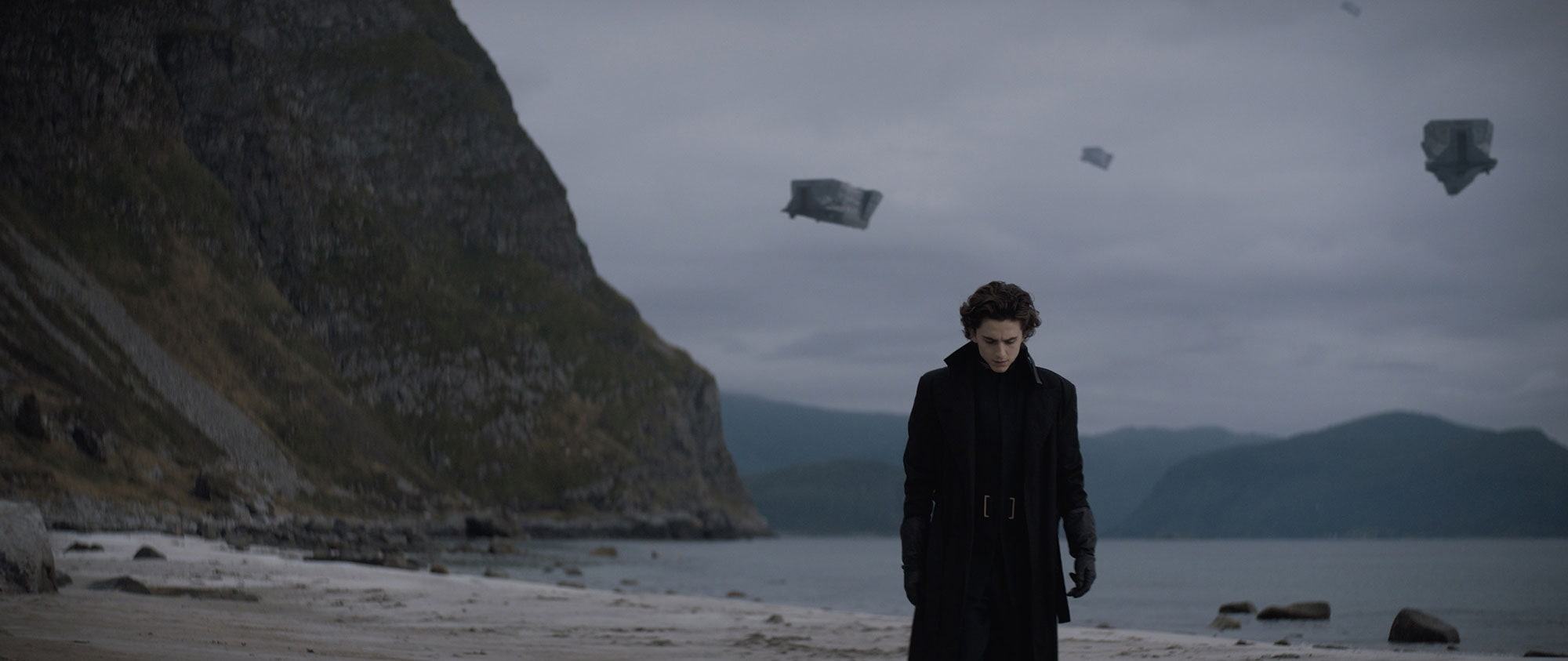
The notorious Red Dragon casino features in Rush Hour 2, a 2001 American action-comedy. It follows the story of Chief Inspector Lee and Detective James Carter as they travel to Hong Kong for a holiday but change plans after the murder of two customs officials in an American embassy bombing. Lee believes the Triad chief, Ricky Tan, has a hand in the crime and sets off to investigate.
The spectacular Red Dragon Casino is among the primary filming locations in Rush Hour 2, appearing later in the film when Lee and Carter return to the United States. Brett Ratner directs, with the film stars Jackie Chan and Chris Tucker as a hilarious combination of slapstick moves and plans gone awry.
The story forms the second part in the Rush Hour film series, but does it nail the Asian casino experience emulated on sites like slot online? Let’s find out.
About The Red Dragon Casino
The Red Dragon is a fictitious Las Vegas casino owned by a criminal organization led by Hu Li, Ricky Tan’s henchwoman in the Triads gang. Lee describes it as the “most deadly” criminal gang in China, and the film portrays this as you might expect. The filming of the casino took place at the Desert Inn in Las Vegas, which is probably why it is one of the most fantastic fictional casinos you will ever see in a film.
It is impossible not to admire the film-based casino’s gorgeous Asian decor, fireworks, lions, pyrotechnics, and acrobats. However, the stylized version of ‘Asian’ entertainment also makes it easy to wonder whether the Red Dragon Casino’s representation of the Asian land-based and online casinos is accurate. In truth, gambling is an integral component of Asian culture, and the Red Dragon Casino does seem to represent this casino culture in several ways.
How the Red Dragon Represents Asian Casinos
It took about six weeks to remodel the Desert Inn into Rush Hour 2’s Asian-themed Red Dragon Hotel and Casino before filming. The remodelling entailed painting the building’s exterior red and erecting a 20-foot fire-spitting dragon statue that served as the casino’s centrepiece for the film.
Red is a predominant colour in Asian casinos that represents good fortune. Red represents joy and good luck to the Chinese in particular. Many gamblers in the country even take further by wearing this shade of underwear to a casino to increase their chance of winning.
The impressive dragon statue also accurately represents similar Asian casinos. Dragons have been part of Asian lore for over 4,000 years, symbolizing great power, luck, and strength to the Chinese. They believe that children born in the year of the Dragon have a destiny of high fortune and the potential to become great leaders.
When playing a Chinese pokie, you will often see multiple dragon symbols spinning on the reels. Chinese gamblers usually prefer playing at pokies that feature this enduring symbol of good luck to increase their chances of winning the jackpot.
A Lucky Break
So, it seems that the Red Dragon casino is a testament to Rush Hour 2’s good fortune in more ways than one. It certainly presents one of the most spectacular fictional casinos ever to grace the big screen, and the fact that it represents Asian casinos and the general Asian culture appropriately seems apt. Some cultures might even argue that the filmmakers could not have failed with so much good fortune at hand.

Latest Posts
-


Film News
/ 4 days ago‘Magazine Dreams’ with Jonathan Majors secures U.S. release date
A release date has been secured for the Jonathan Majors’-led Magazine Dreams. Briarcliff Entertainment...
By Paul Heath -


Film News
/ 4 days ago‘Gazer’ movie trailer; Ryan J. Sloan’s debut feature
Check out this promo for a new movie titled Gazer, a film which marks...
By Paul Heath -


Film News
/ 4 days agoHere’s the second trailer for Netflix’s big budget ‘The Electric State’
A second trailer has dropped for Netflix’s big early 2025 release The Electric State...
By Paul Heath -


Film News
/ 4 days agoA couple of clips from Robbie Williams biopic ‘Better Man’
A couple of clips for the upcoming Robbie Williams biopic Better Man have landed...
By Paul Heath










